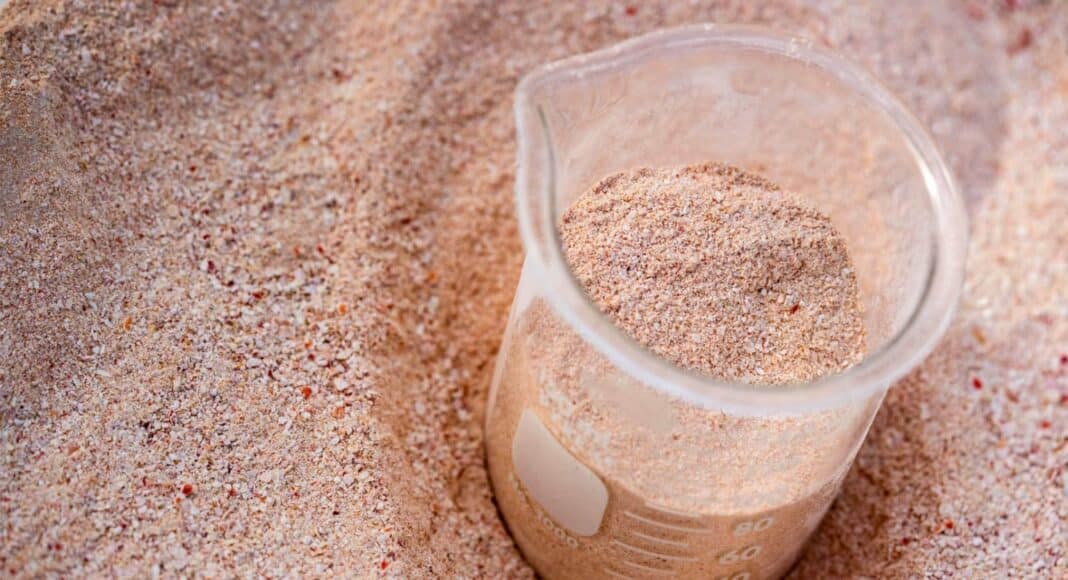A group of scientists at the University of Maine (UMaine) are looking into if lobster shells can cultivate beneficial microbial communities to ward off soil-borne potato pathogens, a Dec. 20 news release said.
Katie Ashley, a plant science PhD student in the lab of Associate Professor Jianjun Hao, is looking into how different concentrations of cooked, dried and ground lobster shells may prevent potato diseases. The team is also tracking soil microbial communities, overall crop yield, and plant emergence, vigour, biomass and height, the release said.
“Reducing the reliance on pesticides for disease management in favour of enhancing microbial soil ecology could benefit both agriculture and the environment,” Ashley said in the release.
Lobster shells contain chitin, which comprises 75 per cent of lobsters’ exoskeletons and provides structural support, the release noted. Chitin is also present in fungal and bacterial pathogens, with some naturally occurring soil microbes specialize in breaking down this compound. Ashley is hypothesizing that adding chitin-rich shells in the fall will cultivate these beneficial microbial communities, creating a line of defence against soil-borne pests.
The release noted that chitin from other types of shellfish is already used as part of integrated pest management programs in South Korea, Japan, and California. Ashley had considered using oyster shells but realized their rock-like nature would make them difficult to grind into a usable soil amendment.
A greenhouse trial with 90 plants on UMaine’s campus was completed during the fall of 2022, with field-scale trials planned for the 2023 growing season, the release said. Preliminary results indicate that the amendment also benefited aboveground plant growth by an average of 200 per cent.
Related Articles
Minuet Fungicide for Soil-borne Potato Diseases Approved for Use
Beware of Potato Diseases which are Soil-borne Yield Robbers
Build Soil Quality and Suppress Soil-Borne Pathogens to Improve Yields Study Concludes











